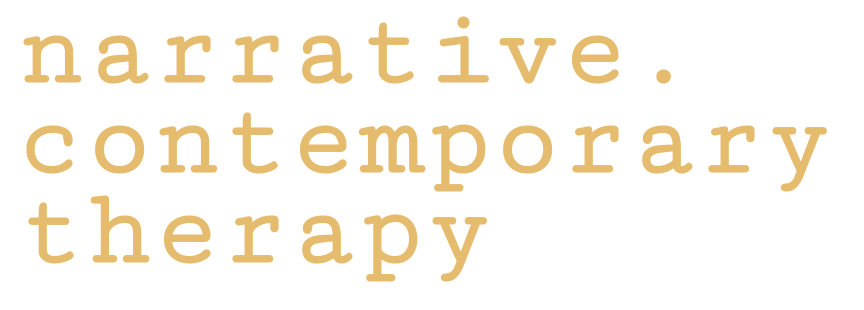Violent Loss Therapy
 When a loved one dies in a violent way, the aftermath is complex and can include depression, intense emotional highs and lows, and symptoms of trauma such as intrusive post-traumatic imagery, hyper arousal, and terror. The experience is often further complicated with the need to interface with the legal system, medical personnel, and the media. Important relationships and sources of support and become strained as family members and friends struggle with ways to be helpful or do or say the right thing.
When a loved one dies in a violent way, the aftermath is complex and can include depression, intense emotional highs and lows, and symptoms of trauma such as intrusive post-traumatic imagery, hyper arousal, and terror. The experience is often further complicated with the need to interface with the legal system, medical personnel, and the media. Important relationships and sources of support and become strained as family members and friends struggle with ways to be helpful or do or say the right thing.
Violent death loss confronts fundamental assumptions about our safety and meaning and often leaves survivors feeling hopeless, isolated, and fearful for their safety and the safety of their loved ones.
Therapeutic work for those impacted by violent death focuses upon fostering resiliency and includes: building and strengthening relationships and support systems, developing calming skills for better handling overwhelming emotions, and regaining a sense of meaning and agency (the ability to impact one’s life).
Erin Falvey has over five years of direct experience and specialized training in working with individuals, couples, and families impacted by the violent loss of a loved one. She has presented with her colleagues at the Survivors of Violent Loss Program on their work with trauma and violent loss bereavement at universities, local community organizations, and the 65th Annual Conference of The American Association of Marriage and Family Therapy.
Violent Death Loss:
